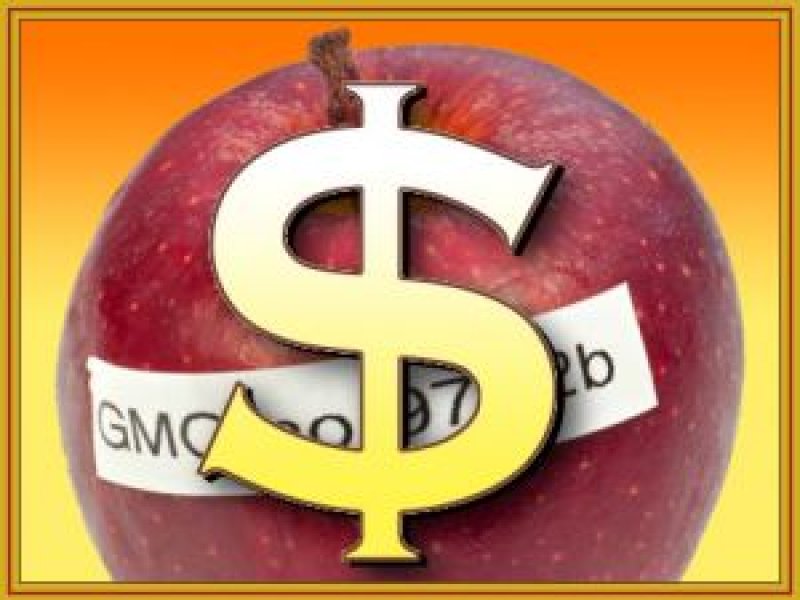Companies like Monsanto hope that casting doubt on the GMO labeling debate will cause us to get caught up in the proverbial weeds of the issue. So let’s get something straight: the debate over GMOs isn’t just about GMOs. It’s about the current and future state of our food system—who grows and sells our food, how it’s marketed, and what technologies were used to produce it. By selling seeds to farmers, peddling pesticides, forming corporate monopolies, and funding academic research on GMOs, agribusiness giants like Monsanto have one goal in mind: controlling the food system.
Monsanto’s roots in the biotech game date back decades, and they have a long history of subverting public policy. In effect, the company used its relationship with the Reagan Administration to create a weak regulatory process that would help the company bring its products to market quickly and smoothly. A 1985 U.S. Patent and Trademark Office ruling that allowed for plants to be patented further entrenched Monsanto’s power in this area. Since 1999, the fifty largest agricultural and food patent-holding companies and two of the largest biotech and agrochemical trade associations have spent more than U.S. $572 million in campaign contributions and lobbying expenditures, much of it to create a favorable political context to allow GMOs to proliferate.
Corporations and their hired guns love confusing people about the science behind their questionable products to help shape favorable public opinion (in the case of GMOs, asserting there is scientific consensus where none actually exists). But we aren’t buying their spin, nor should you.
Read full, original article: Monsanto mounts an aggressive GMO PR campaign































